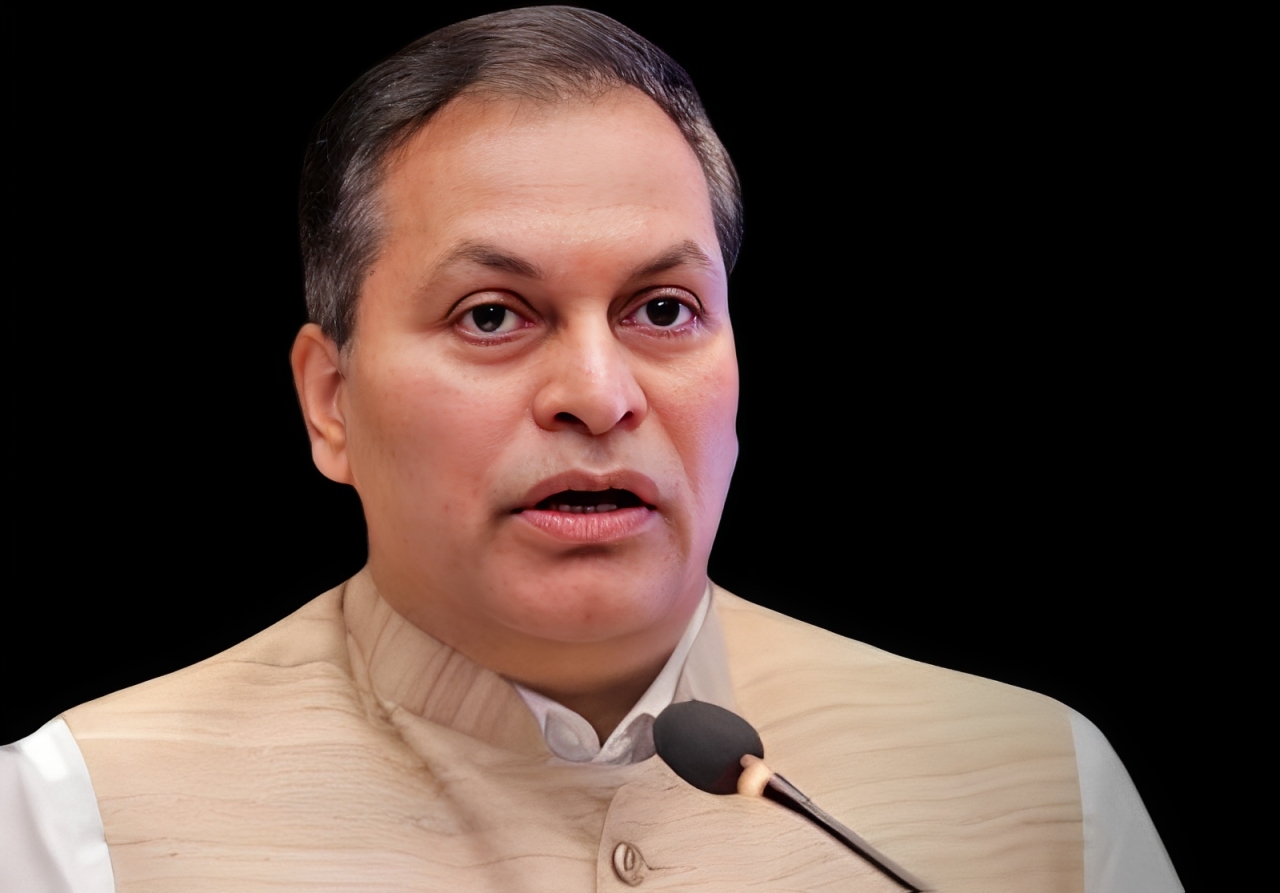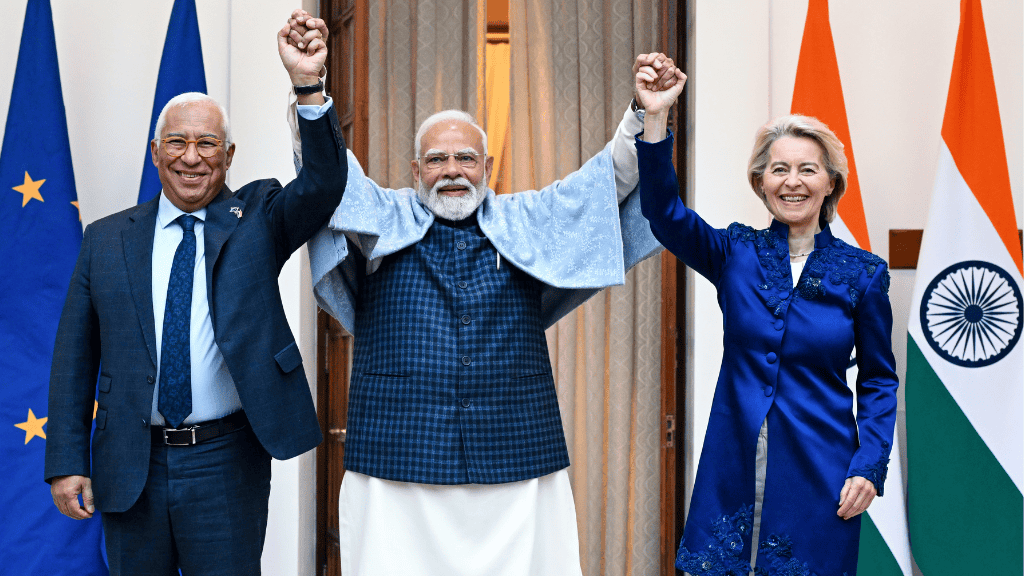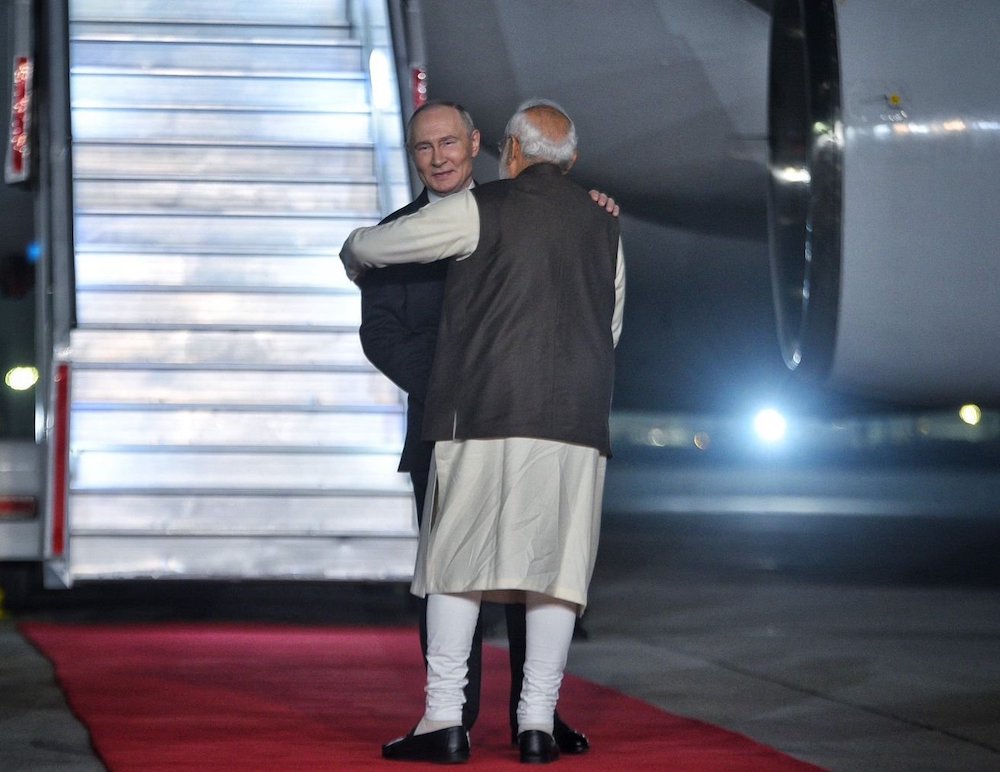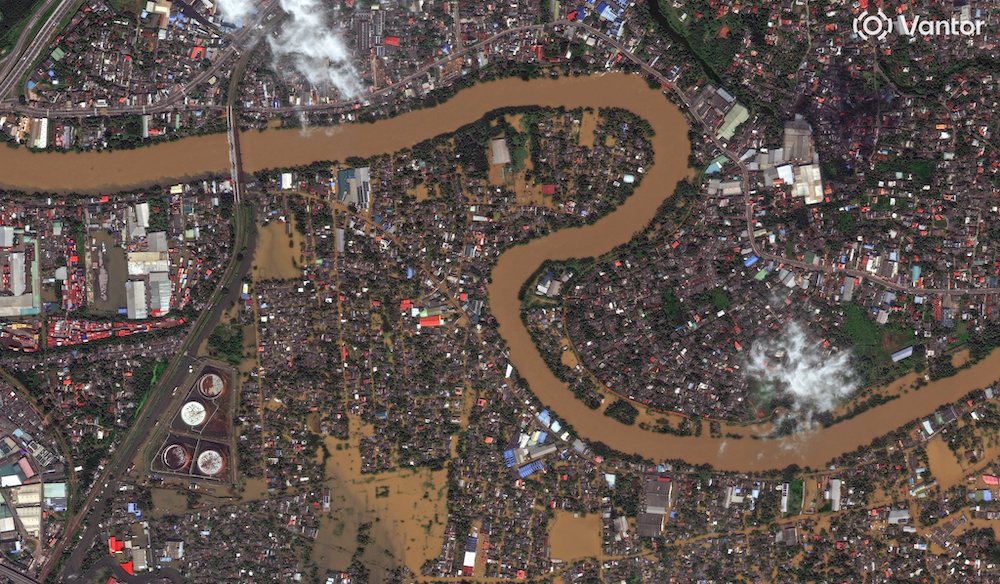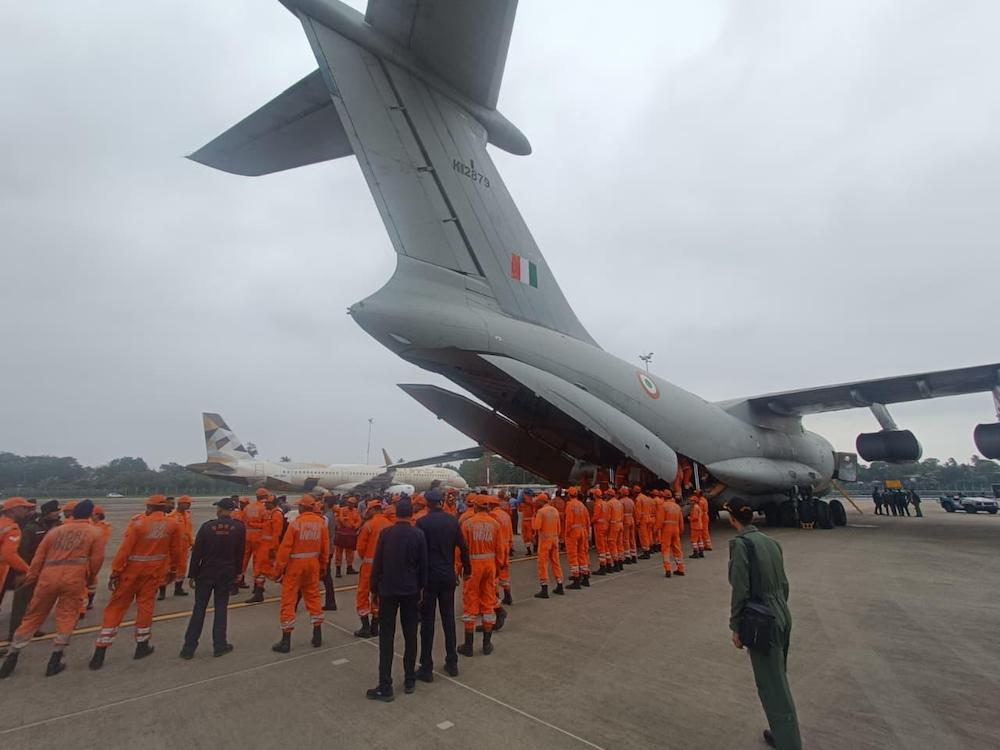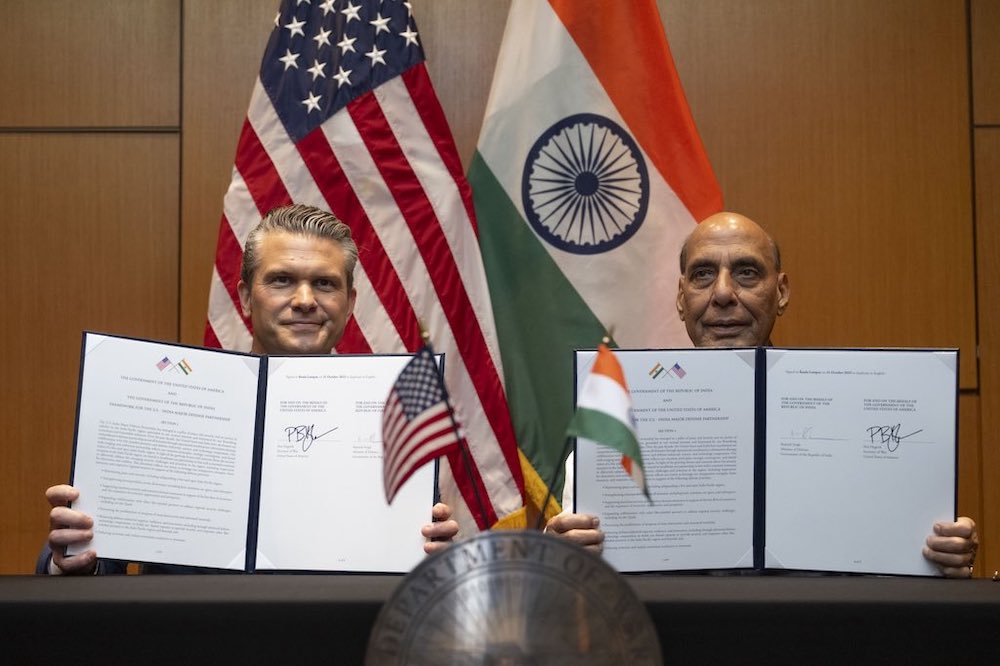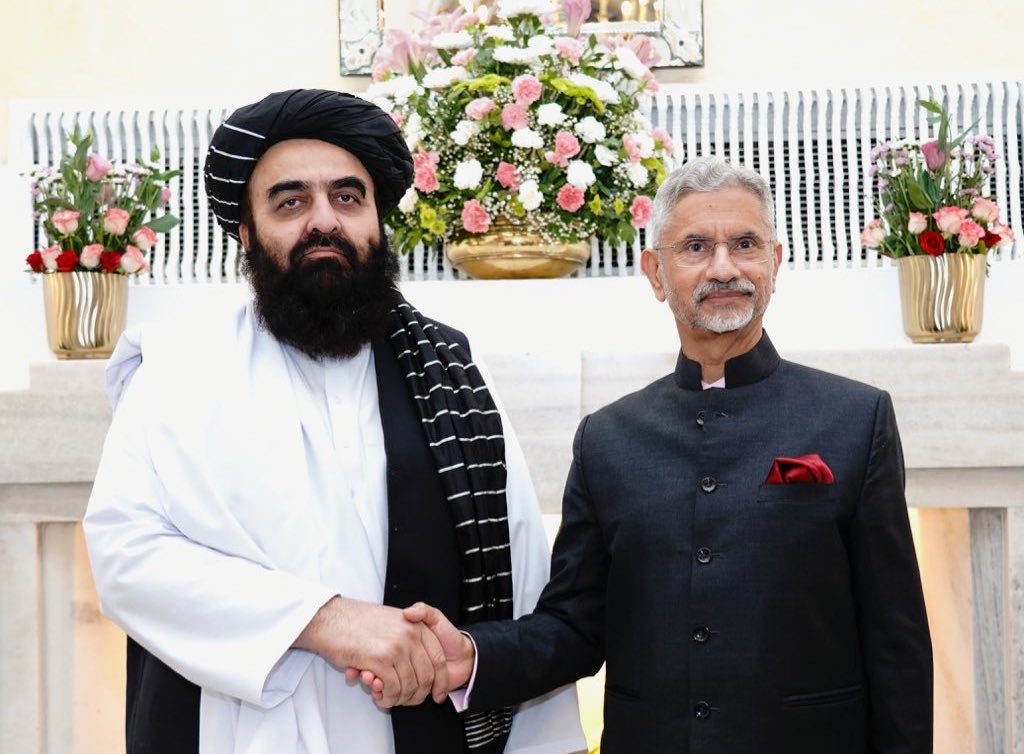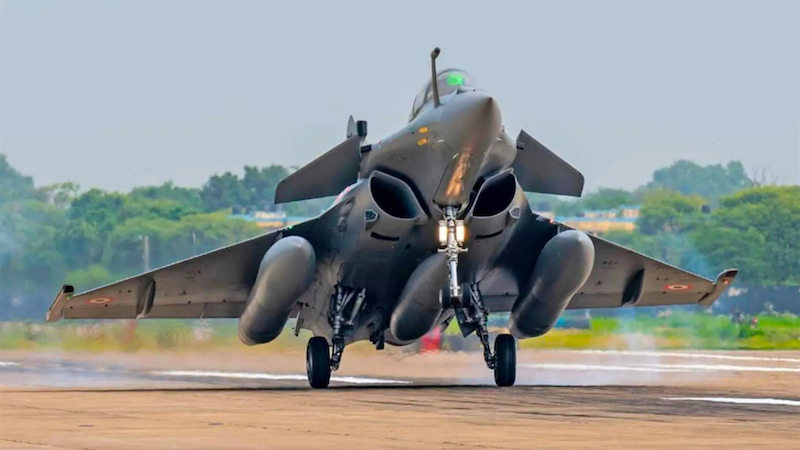 An Indian Air Force Rafale fighter aircraft. (File photo)
An Indian Air Force Rafale fighter aircraft. (File photo)
New Delhi: Chinese diplomatic missions across the globe orchestrated a comprehensive disinformation campaign to damage the international reputation of French-made Rafale fighter jets following their combat deployment during India’s Operation Sindoor in May, according to French military and intelligence officials.
The campaign, which combined diplomatic lobbying with sophisticated online manipulation, aimed to undermine the aircraft’s credibility in the global arms market while promoting Chinese-manufactured alternatives, French intelligence sources have revealed.
Findings from a French intelligence service, accessed by the Associated Press, show that defence attachés in China’s foreign embassies led a coordinated effort to dissuade countries from purchasing additional Rafale aircraft while encouraging potential buyers to opt for Chinese-manufactured jets instead. The intelligence report was shared with AP by a French military official on condition of anonymity.
The disinformation campaign followed the four-day military confrontation between India and Pakistan from May 7-10, 2025, in which India smashed terrorist infrastructure in Pakistan and Pakistan-administered Kashmir in response to the Pahalgam terror attack on tourists, on April 22.
French intelligence officials concluded that Chinese embassy defence attachés focused their lobbying efforts on countries that had already ordered Rafale jets, particularly Indonesia, which has purchased 42 aircraft and is considering additional orders. The attachés also targeted potential customers who were evaluating the French fighter for future procurement.
“The idea was to convince the buyers, notably Indonesia, not to buy more [Rafale], and to encourage other potential buyers to choose Chinese-made planes,” a French security official told AP.
Digital warfare complements diplomatic push
The campaign extended beyond diplomatic channels to include a massive online disinformation effort. French researchers specializing in online misinformation identified more than 1,000 newly created social media accounts that spread narratives promoting Chinese technological superiority during the India-Pakistan conflict.
The online campaign included viral posts featuring manipulated imagery of supposed Rafale debris, AI-generated content, and videogame depictions simulating combat scenarios. This digital component amplified the diplomatic messaging, creating a multi-layered approach to information warfare.
Pakistan’s claims during the conflict provided ammunition for the Chinese campaign. Islamabad asserted that its forces had downed five Indian aircraft, including three Rafale jets, during the hostilities. These claims prompted questions about the Rafale’s performance from countries that had purchased the French fighter from manufacturer Dassault Aviation.
Dassault disputes Pakistani claims
However, Eric Trappier, the chief executive of Dassault Aviation, dismissed Pakistan’s claims as “inaccurate” in an interview with French magazine Challenges. “The Indians haven’t communicated, so we don’t know exactly what happened. What we already know is that what the Pakistanis are saying [three Rafales destroyed] is inaccurate,” Trappier stated.
France’s air force chief, General Jerome Bellanger, indicated that evidence pointed to three Indian aircraft losses during the conflict: one Rafale, one Russian-made Sukhoi-30MKI, and one Mirage 2000. This would represent the first known combat loss of a Rafale since the aircraft entered service.
As India Sentinels had reported earlier, the chief of defence staff, General Anil Chauhan, acknowledged that Indian forces suffered losses during Operation Sindoor but rejected Pakistan’s specific claims about the number of warplanes being shot down. “The information is absolutely incorrect,” Chauhan told Bloomberg TV during the Shangri-La Dialogue in Singapore.
Strategic targeting of French defence industry
The French defence ministry described the campaign as a “vast disinformation effort” that sought to promote “the superiority” of alternative equipment, notably of Chinese design. The ministry emphasized that the Rafale was not randomly targeted, noting its status as a highly capable fighter jet with significant export success.
“The Rafale was also targeted because it represents a strategic French offering. By attacking the aircraft, certain actors sought to undermine the credibility of France and its defence industrial and technological base,” the ministry stated. “The disinformation campaign therefore did not merely target an aircraft, but more broadly a national image of strategic autonomy, industrial reliability, and solid partnerships.”
China’s ministry of national defence firmly rejected the allegations, telling AP that “the relevant claims are pure groundless rumours and slander.” The ministry added that “China has consistently maintained a prudent and responsible approach to military exports, playing a constructive role in regional and global peace and stability.”
Intelligence reveals diplomatic coordination
French officials learned about the Chinese diplomatic lobbying efforts through reports from countries that were approached by Chinese representatives. The intelligence service noted that Chinese embassy defence attachés echoed online disinformation narratives during meetings with security and defence officials from other countries, arguing that Indian Air Force Rafales had performed poorly while promoting Chinese-made weaponry.
The campaign appears designed to weaken France’s growing security relationships with Asian nations by spreading concerns about French military equipment. Justin Bronk, an airpower specialist at the Royal United Services Institute in London, suggested that China sought to limit western influence in the Indo-Pacific region.
“From a point of view of limiting Western countries’ influence in the Indo-Pacific, it would make sense for China to be using the performance of Pakistani weapon systems – or at least purported performance – in downing at least one Rafale as a tool to undermine its attractiveness as an export,” Bronk explained.
High stakes for French defence exports
The stakes are significant for France’s defence industry. Sales of Rafale jets and other armaments represent substantial business for French manufacturers and support government efforts to strengthen ties with other nations, particularly in Asia where China is emerging as the dominant regional power.
Dassault Aviation has sold 533 Rafales globally, including 323 for export to Egypt, India, Qatar, Greece, Croatia, the United Arab Emirates, Serbia, and Indonesia. The company reported strong financial performance in 2024, with adjusted net sales of €6.23 billion (approximately $7.29 billion) and expects to deliver 25 Rafale jets in 2025.
The manufacturer has been expanding production capacity to meet growing international demand, with plans to increase output from three aircraft per month in 2025 to four per month by 2028-2029.
Information warfare
While French military officials acknowledged they could not directly link the online disinformation campaign to the Chinese government, the coordination between embassy-level messaging and online narratives suggests systematic state involvement. The incident highlights the evolving nature of information warfare in the modern era, where diplomatic channels and social media platforms converge to influence international perceptions of military capabilities.
The allegations underscore the increasingly competitive global arms market, where geopolitical rivals employ sophisticated influence operations to advance their strategic interests.
For India, the episode raises questions about the vulnerability of defence partnerships to information warfare, particularly as New Delhi continues to diversify its military procurement while maintaining strategic autonomy. The country’s experience with the Rafale during Operation Sindoor, despite conflicting claims about aircraft losses, is likely to influence future defence acquisition decisions and information sharing protocols with international partners.


